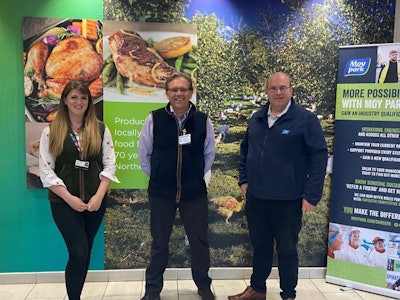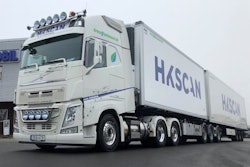
Leading Northern Irish food company, Moy Park, together with a consortium of UK manufacturers from other sectors, has secured £4m (USD4.9 million) in match funding to progress pioneering research into sustainable smart factory projects.
The consortium, known as Project Butterfly, brings together high value UK companies to form a unique and impactful collective committed to green manufacturing.
Funded through UK Research and Innovation’s Sustainable Smart Factory competition, Project Butterfly links businesses from sectors including food and drink, technology, automotive, aerospace and defense with research partners, to share best practice and develop solutions to reduce carbon emissions in manufacturing.
Partnering with University of Lincolnshire and the University of Sheffield, the Moy Park consortium is using the funding to develop models that utilize intelligent data tools and AI to deliver productivity improvements and reduce energy, waste and water usage.
Dr. Anne Richmond, Head of Research and Development, Moy Park, says the work of Project Butterfly will play a key role as the company strives to achieve net-zero greenhouse gas emissions by 2040.
“Small changes can have a big impact. We call this the butterfly effect, and it is this principle that Project Butterfly seeks to use to accelerate our progress to net zero,” explains Dr. Richmond.
“Moy Park aims to reach net zero by at least 2040, and we continue to invest and develop innovative strategies in the areas of emissions, energy, water, biodiversity and waste that will help us achieve that goal and ensure we continue to produce food sustainably and reduce our environmental impact.
“This is a really exciting opportunity for us to engage with manufacturers from other sectors, and academic experts in data science and robotics, both to accelerate our knowledge and understanding, and apply these to address current and future challenges.”















